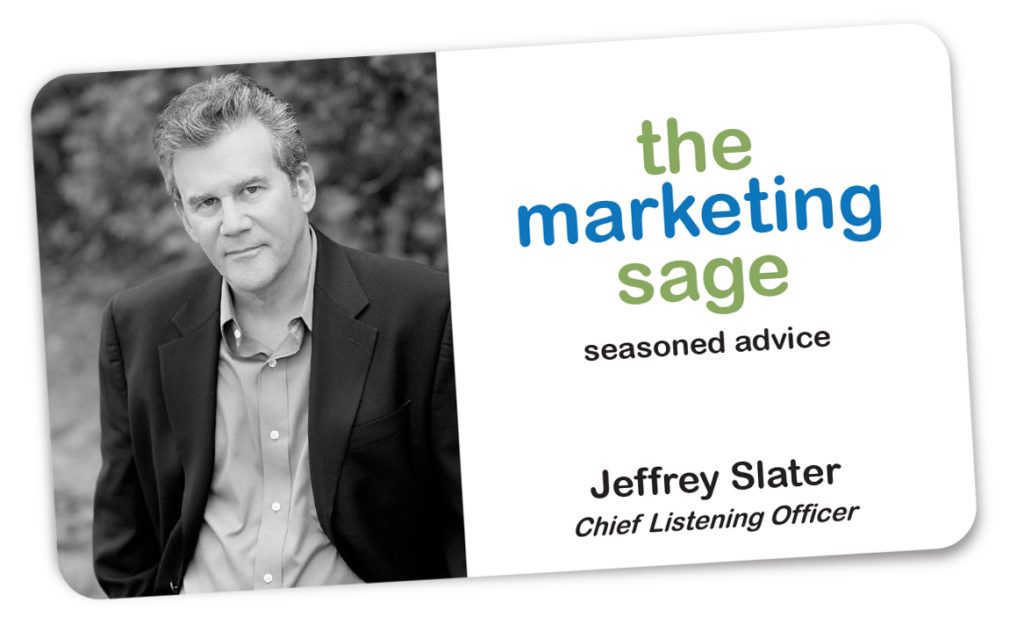Clint Pulver’s new book, I Love It Here, describes his experience as an undercover millennial, learning why people love or hate their employer. By speaking with thousands of employees over many years, he obtained first-hand insights into why employees love (or hate) their employer. Hint: mentor managers.
Clint uncovered some secrets for retaining top talent, building lasting loyalty, and what goes wrong when they head for the hills. What he learned resonates with my experience managing marketing teams, divisions, and businesses.
Most team members thrive in an environment when they are mentored. It was the number one reason they loved their work. It wasn’t the pay, vacation, or other benefits.
The secret: It was all about mentor leadership.
Building a great marketing team is hard. It takes time, patience. And the ability to get to know colleagues to learn what they want to achieve their goals. What skills do they need to acquire, what experiences are they missing, and what role can you play as a mentor to keep them happy.
I always encouraged team members to share with me what skills they wanted to learn to improve their market value. I tried to be a mentor leader to give them clear direction and be sensitive to the human being sitting across from me.
Two Variables and Four Manager Types
In Clint’s exhaustive research in the field, he came into companies and asked people what they loved and hated about the employer – millennial to millennial. There were always two critical variables in every company that kept coming up whether people loved or hated their work.
#1 – The Standards of The Organization was the first variable. This included the meetings, the sales quota, the things required for sustaining the business. These are the rules of engagement – the company’s operating system.
#2 – Connection was the second variable. Employees can feel seen, be a part of something, and your manager knows you have a life outside of work. This is where an employee says, “I’m a human first before being an employee ” I want my manager to recognize that I’m not a cog in the wheel.
These two themes came up repeatedly.
And Clint was able to categorize four types of managers and their impact on both issues about standards and connections.
- THE REMOVED MANAGER. This is the person who is low on standards and low on the ability to connect. They are the burned-out manager, and they don’t care; connection doesn’t matter. Would you mind not bothering me? This manager type created DISENGAGEMENT. “Larry doesn’t care, so why should I care? I’m not valued.” The removed manager was a source of constant turnover.
- THE BUDDY – High on connecting, high on empathy, a friend. He would play Xbox with his teammates over the weekends. But on Monday morning, he would push everyone hard. Creates a sense of entitlement. The buddy created confused employees who didn’t understand their relationship with their manager.
- THE CONTROLLER – This is the manager who is high on standards but low on connection. Think of an old-school management style. “I’m not your friend, do your job.” High on stand ards but no empathy. This type of boss created REBELLION. Results didn’t last, people were burned out and highly stressed, and people left. The controller was the most common type of boss found in Clint’s research.
- The MENTOR MANAGERS – She was high on standards. We have a job to do. But also equally high on connection. Understood soft skills. She knew she needed to care about you and advocate for you. How can I help you achieve your goals? They produced RESPECT and, employees who worked for a mentor/manager were more likely to say, “I love it here.” They were the most satisfied employees with the highest degree of productivity too.
Employees who say, “I love it here” had mention managers guiding them with clear directions and an open heart. Those employees stayed at companies longer and felt seen and supported. They declared their work created low stress and they felt productive and happy.
Are you training your managers to become mentor managers?
You can set up a time to chat with me about your marketing challenges using my calendar. Email me jeffslater@themarketingsage.com Call me. 919 720 0995. The conversation is free, and we can explore if working together makes sense. Watch a short video about working with me.
Photo by Husna Miskandar on Unsplash






